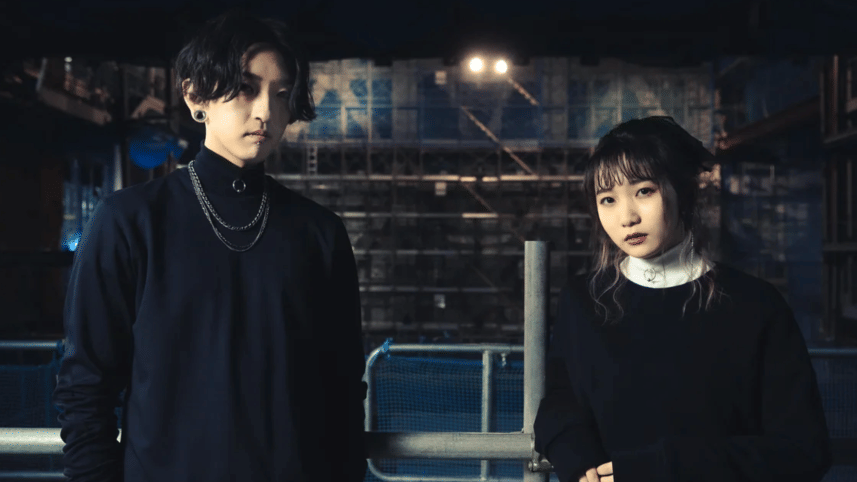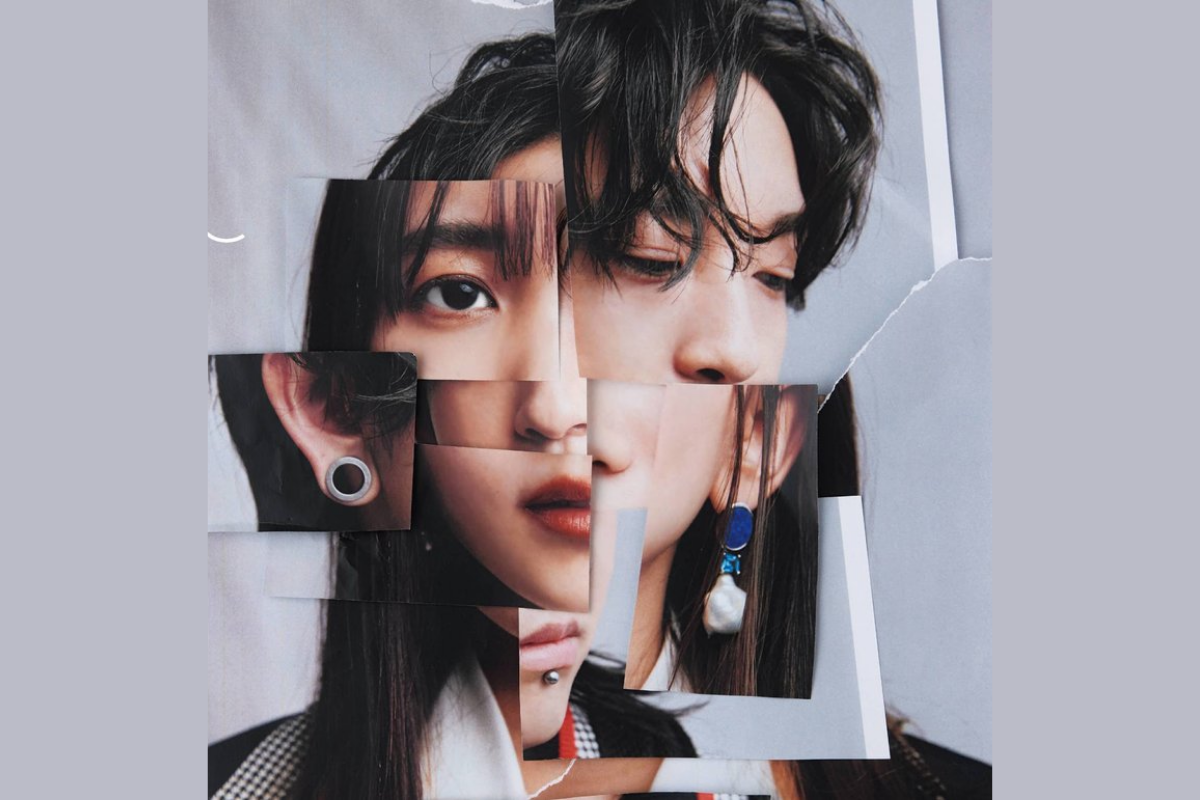Japanese musicians to check out if you're into musical storytelling

Throughout the past decade, various genres of Japanese music have steadily transcended borders into the west, securing a massive cult following throughout the globe. It does, however, come with a complementary language barrier that bars non-Japanese speakers from catching onto the lyrics — and subsequent meaning — behind most songs.
As a solution, the industry has found the perfect way to express the artists' emotions and introspection without relying on their native dialect — animated music videos.
Following are some Japanese artists who have mastered the craft of musical storytelling through animated videos. And if you're into musical storytelling, you should definitely check them out.
TUYU
TUYU, which translates to "rainy season", is a Japanese music group that has been making waves since its inception in 2019. Within this short period, they have released more than ten singles while accumulating over a million subscribers on YouTube.
TUYU's music comes from a very personal space, as their stories might seem overly relatable to a lot of listeners. Their debut single, "Compared Child", speaks of the low self-esteem that is born from being compared to others from an early age. Alternatively, the theme of "I'm getting on the bus to the other world, see ya!" can be interpreted as an attempt to escape the never-ending cycle of self-hatred and loathing.
Eve
Eve's popularity saw a stratospheric rise in the West when he composed and performed the opening of Jujutsu Kaisen, titled "Kaikai Kitan". Besides, he has also been featured in other anime soundtracks like Dororo, Chainsaw Man, etc.
Eve's music is quite allegorical, as are his music videos. They always narrate a story from start to finish, leaving room for interpretation through subtle cues and hints. For instance, one of his singles from 2018, "sister", depicts a young boy and his sister doing seemingly mundane tasks. However, when coupled with the lyrics, the video becomes much more thought-provoking, exposing messages about self-harm, love, and moving on.
YOASOBI
Formed in 2019, YOASOBI quickly became the face of contemporary Japanese pop groups, courtesy of their flair and unique sounds. Consisting of vocaloid producer and songwriter Ayase alongside singer-songwriter Ikura, YOASOBI's breakthrough gave birth to a style of storytelling that was mostly unheard of back then.
"RGB" illustrates how childhood friends drift apart through the tides of adulthood but ends on a positive note with a frenetic use of colours and symbolism. "Yoru ni Kakeru" takes on the fragile line between love and obsession, portrayed through a frenzy of colours and distorted silhouettes that depict the characters' internal distress.
Kikuo
As an artist, Kikuo is fundamentally different from the other entries on this list, as a solo vocaloid producer. At the same time, he is notorious for pairing dark and grotesque subjects with funky and upbeat music, making for a jarring contrast between the subject and the presentation.
Although other producers have also navigated similar waters, Kikuo stands out for his deeply personal and grounded takes on "creepy" songs. One of his most popular releases, "Love me, Love me, Love me", has been widely interpreted to be about the weight of familial expectations and how it can feel suffocating when left unchecked. The music video, on the other hand, is an unnerving red and black combo of chaos and jittery organ sounds that set the tone for the unsettling imagery that follows.
Ayaan immerses himself in dinosaur comics and poorly-written manga. Recommend your least favourite reads at ayaan.shams@gmail.com




 For all latest news, follow The Daily Star's Google News channel.
For all latest news, follow The Daily Star's Google News channel. 
Comments